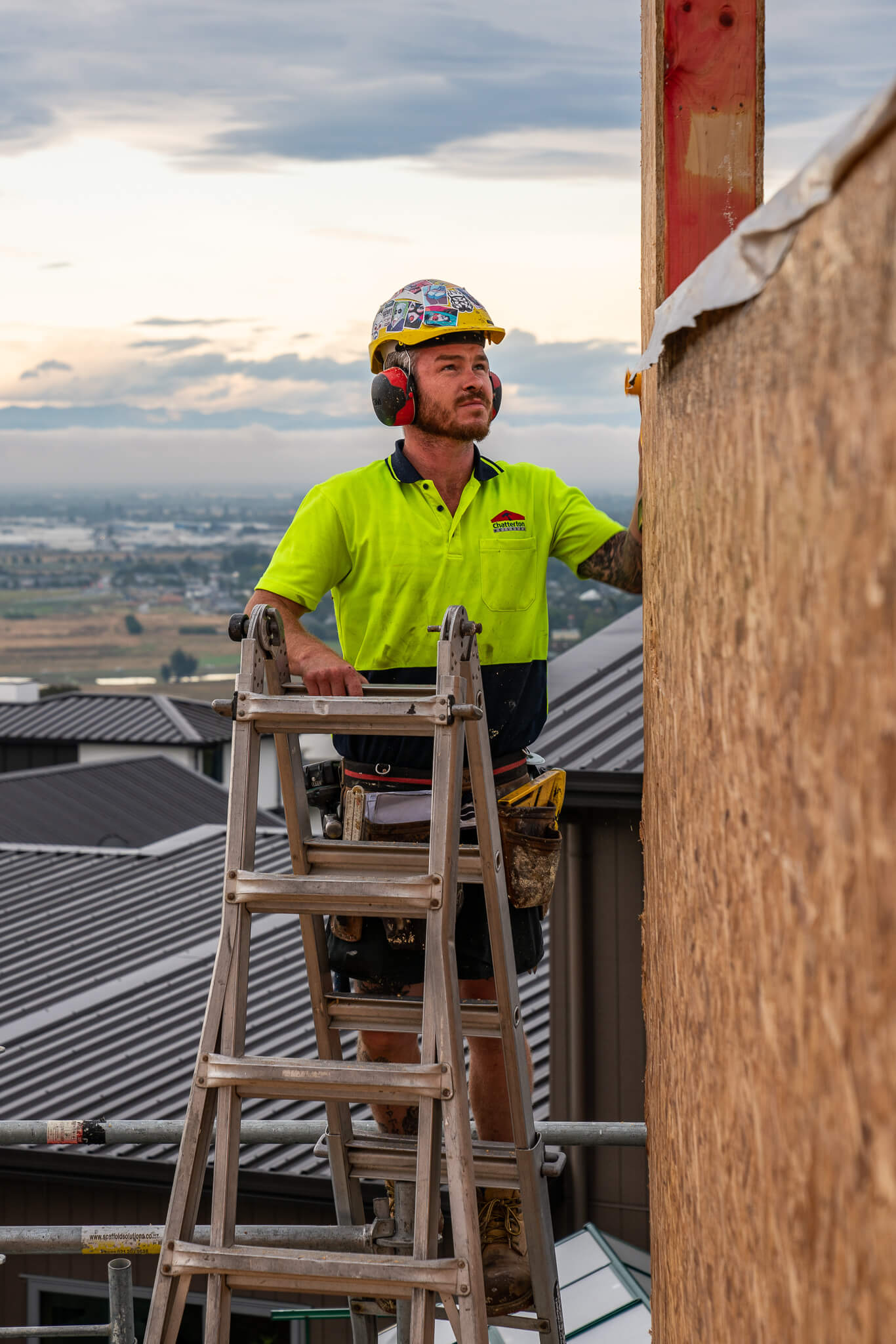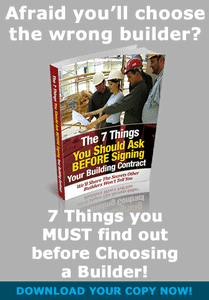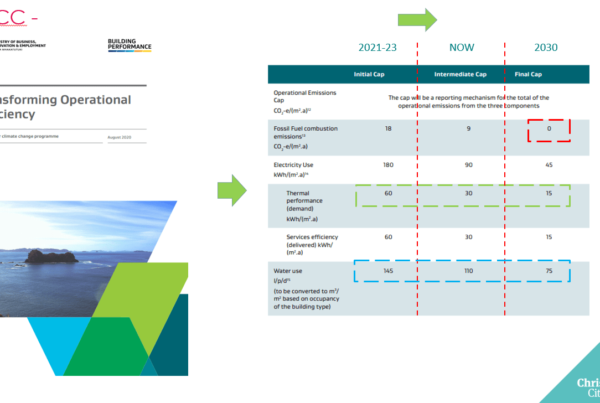Warning – There is More to Choosing a Builder than Price Alone!

A good builder, experienced in their field of construction, will price the job accurately, fairly and transparently with an agreed margin.
Any price, but particularly a low price should be challenged or reviewed in detail to ensure:
- a) They have included everything you want to be included – we are talking detail here not just provisional costings.
- b) you are comparing apples with apples.
- c) they have priced diligently and not just thrown a square metre rate at it.
- d) they have proven experience in the specific field of construction, so know what they are doing, and the specific requirements, as they can differ significantly.
The risks of under-pricing are not just to the builder, they are in fact huge for the homeowner.
In order to recoup, or save money what might happen?
- The builder skips on quality to get the job done quicker;
- little things are missed;
- the chance of defects increases, and;
- the finishing may be rushed;
- materials may be swapped with cheaper alternatives – you may not be getting what you thought and it may not be evident until something happens.
- materials priced may not be suitable for the specific construction requirements, i.e certain fixings, R ratings or airtightness membranes.
- Inexperienced labour or subcontractors, not trained in your specific field of construction, are used as they are cheaper.
- They may try to recoup costs through variations.
Here are some other questions to consider:
- What experience do they have in your specific construction type?
- How do variations work if nothing has been priced/quoted in detail? Are you getting a fair deal?
- Do they have a transparent variation process where you agree to any changes to your contract in writing? Have they disclosed their margin on variations?
- What about quality control? What is acceptable and what is not, and who is the judge? Will your builder come back and rectify?
- How will we communicate, how regularly and with what triggers?
If you want to ensure you get a good honest builder and the quality home you are investing in then you need to do your research, ask questions and ensure your contract is detailed and inclusive of everything you intend to put into your house.
Here are some simple tips for starters:
1) Look for specialist builders who build the sort of home you want.
For example, find out what the builders you are looking into have done before, and how well they have done it? Ask questions. Have they completed the sort of build you are looking to undertake and how much experience do they have in it? Experience and knowledge, alongside honesty, will provide you a much better picture of the costs, potential money pits and alternative solutions to potential issues.
Companies experienced AND successful in your type of build know exactly what to expect in the build. Importantly, their trades are also experienced in an area of construction so the job will encounter fewer delays. So, from an architectural hill side build, an energy efficient home, to a renovation – always question their experience in that field of work.
2) Look for builders with a good website showcasing their work and what they specialise in.
Do they look like the team you would like to work with? Does their portfolio reflect what they say they have a lot of experience in?
3) Testimonials – These are so important!
Ask your builder if you could speak to previous clients? See their previous work? It can be compared to taking on an employee without doing the correct reference checks…. the risks of getting someone who cannot do the job or whose values /respect are not the same as the team is huge!
Don’t just look at their recent builds, ask to see some of their older work? Has it stood the test of time?
4) Ask them about their building process and ask to see a job in progress.
Ask questions like…“Can I see the schedule for that job?”
How do they communicate with their clients and sub-trades? How do they store and find the up to date records or communications? How are things tracked? How do they ensure things are not missed?
Without processes and systems, things get missed or miscommunication takes place.
Ultimately Its time and money well spent to ensure the job is done right and stress-free. A builder who invests in improving the business is a builder who wants to ensure your job is done well and you are happy with the result.
5) The option to fix as many costs as possible.
Whilst provisional costings may be used to price a job quickly, the more PC sums the higher the chance of the project budget spiralling.
Before a contract is signed, work with your builder to select specific items and fix as many as possible within the contract (i.e. appliances, bathroom hardware, flooring etc). The builder is then obliged to supply those listed items as part of the contract and the contract price. Where no decisions have been made, PC sums may be based on a much cheaper item than you wanted, and you then pay the difference on that item plus agreed margin. You can see how costs can escalate.
Also, check that, where variations can be made, that the agreed margin on variations is reasonable, as this may not be the case with some companies. If the builder is not happy to fix costs you need to find out why! Surely, fixing as many items as possible also enables a more efficient build process?
To find out the other questions you must ask a builder before signing a building contract, download our free guide here which lists critical questions to ask.






